Why to choose for a variable speed compressor vs. fixed speed compressor?
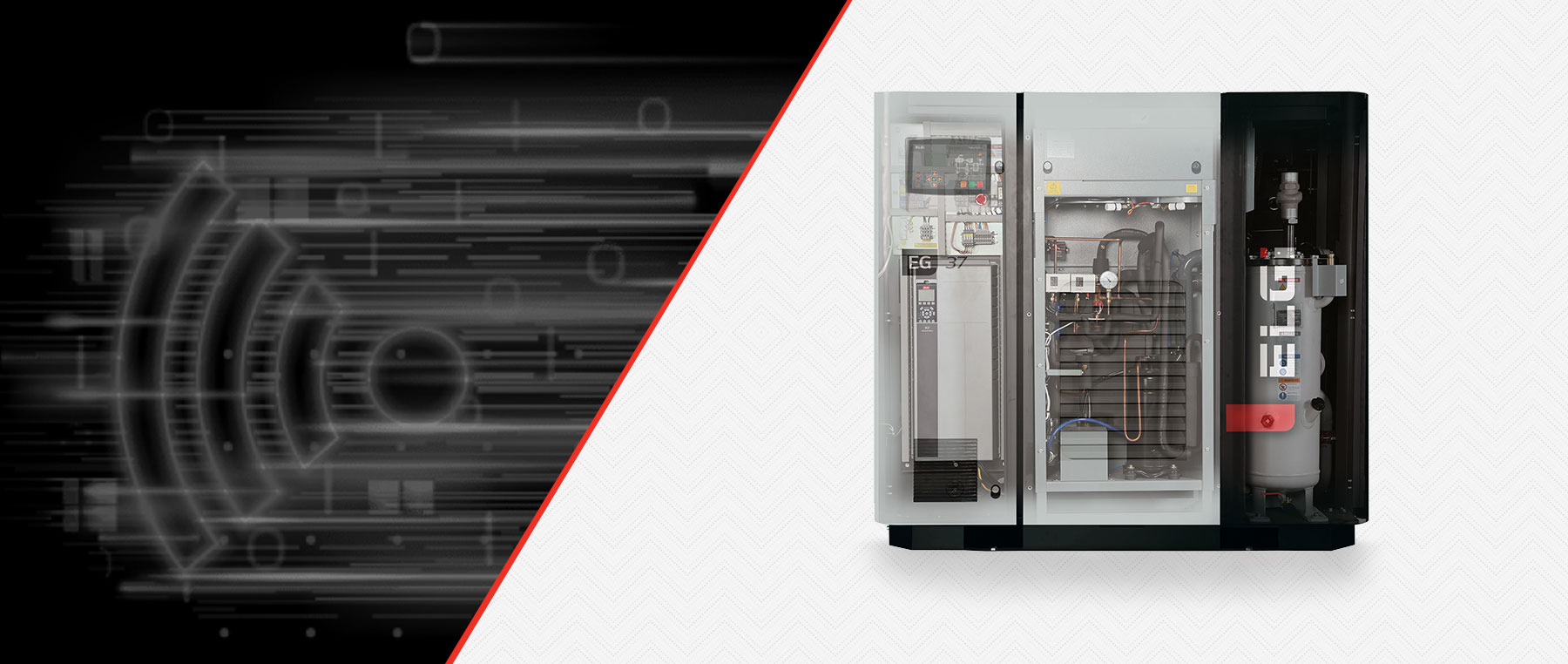
Having participated in hundreds of projects around compressed air, the question why to choose for a variable speed compressor vs. a fixed speed compressor is one of the most difficult questions to answer and surely one of the main of customers in all industries, ranging from Food & Beverage, Automotive, General Manufacturing, etc. The answer depends on energy efficiency of the compressed air system, the cost of maintenance and the initial investment for the next 10 years.
The answer to this question is not obvious in the case of a new installation, since there is no consumption history that can be studied to be able to categorically state "the best thing for you is a variable speed compressor " or "the best thing for you is a fixed speed compressor". There are different theories that claim that, if there is any uncertainty about compressed air consumption, the most efficient would be a variable speed compressor, but I ask myself: to what extent is this true? Will it be valid? In the graph below we see the study of energy efficiency between a variable speed compressor and a fixed speed compressor similar to the power of a typical manufacturer:
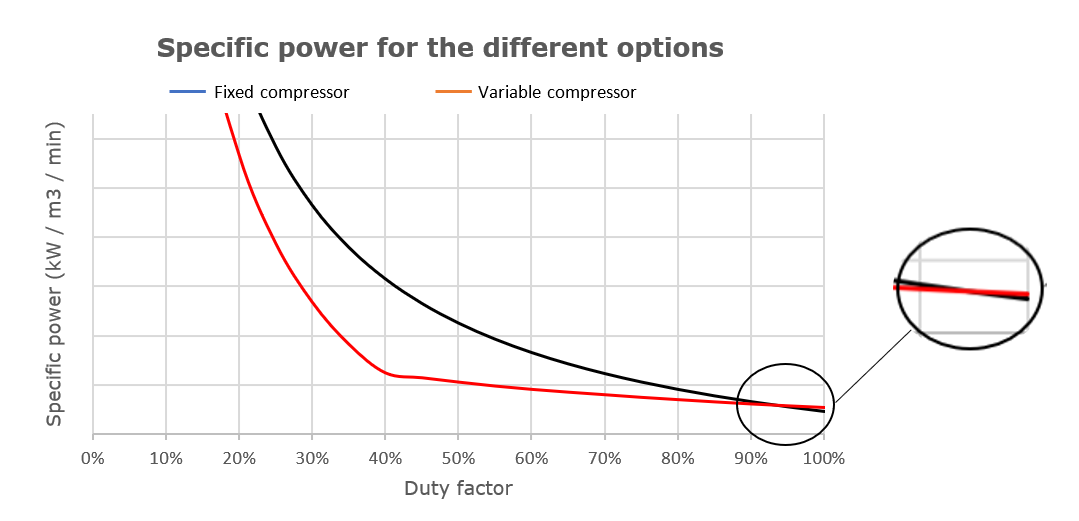
The last part of the graph shows how the two curves intersect and it turns out that a fixed speed compressor with an average utilisation above 94% would be more efficient than a variable speed compressor. However, if the usage is less than 94%, then the variable speed compressor would be the solution that would save more energy for the same flow of compressed air consumed.
With this information we could help our customer by claiming that a variable speed compressor would be more efficient with 94% certainty, although there are other possibilities which raise further questions: what if we used two compressors at an industrial plant to provide all the compressed air flow required? Would this be a more or less effective combination for the compressed air system? This is another big question and to answer it I carried out the following study with different combinations of industrial compressors from the same manufacturer for a total compressed air power of 110 kW.
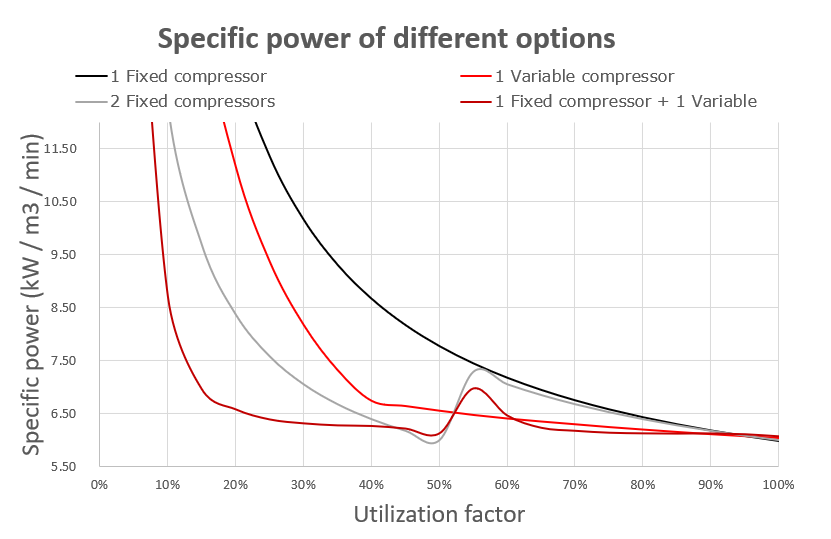
The graph gives us the following results on the best energy efficiency of the compressed air system for the same consumption rate:
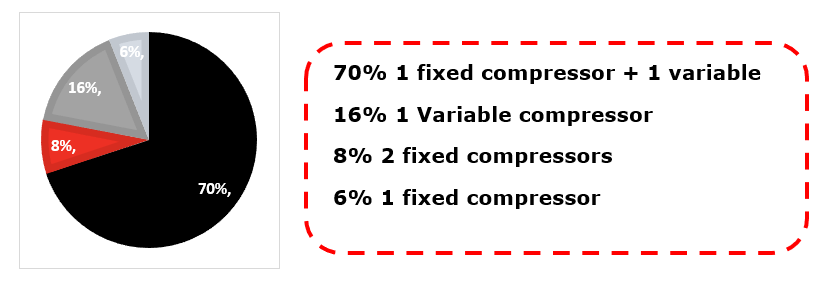
In conclusion, if we do not know the average flow rate that we are going to consume, we have a 70% probability of obtaining the best energy efficiency if our compressed air system consists of a fixed speed compressor accompanied by a variable speed compressor. The rest of the options may also be viable, but the chances of getting the best energy efficiency in the entire system are much lower.
When a compressed air system is required, it is always good to have an expert who can advise and help define the complete system.
Questions about compressed air? Do not hesitate to contact us at [email protected].
RELATED BLOGS
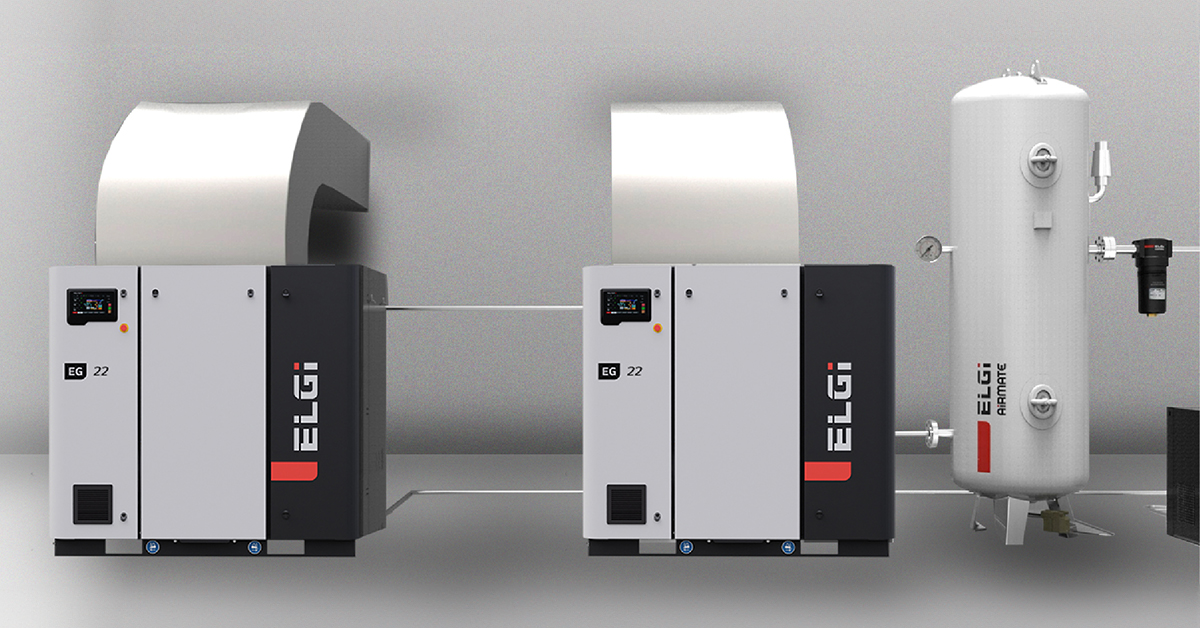
Understanding the importance of a well-sized compressed air system In industrial envir...
Read More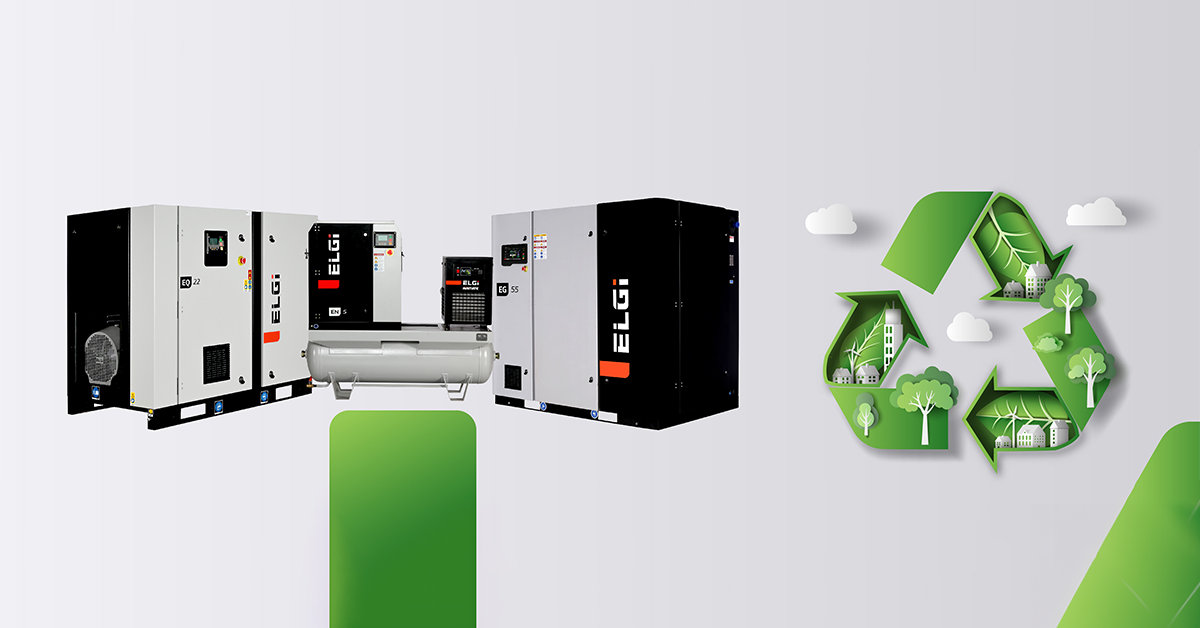
In today’s times of heightened environmental consciousness among businesses, the signifi...
Read More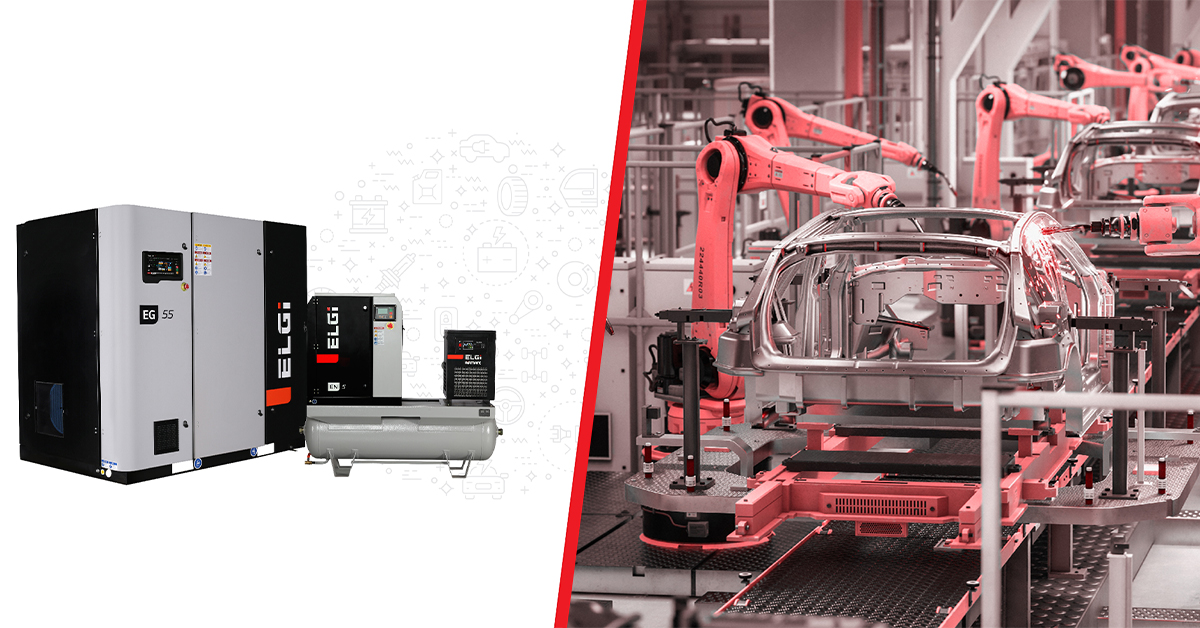
Over the past decade, there has been a notable surge in the global automotive manufacturin...
Read More
In today’s times, where sustainability and energy efficiency are not just trending terms...
Read More
Imagine a busy world of factories and machines, always changing to be more efficient and k...
Read More
The critical role of energy efficiency In today's industrial landscape, energy efficien...
Read More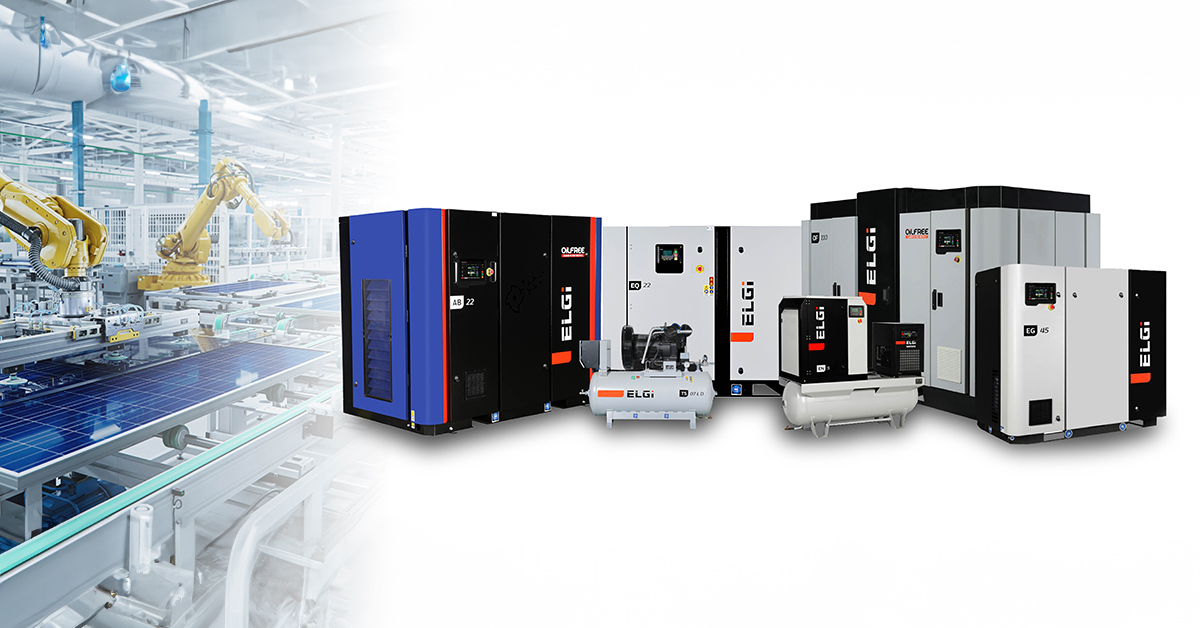
The Essential Role of Air Compressors for Manufacturing in Modern Industries Air Comp...
Read More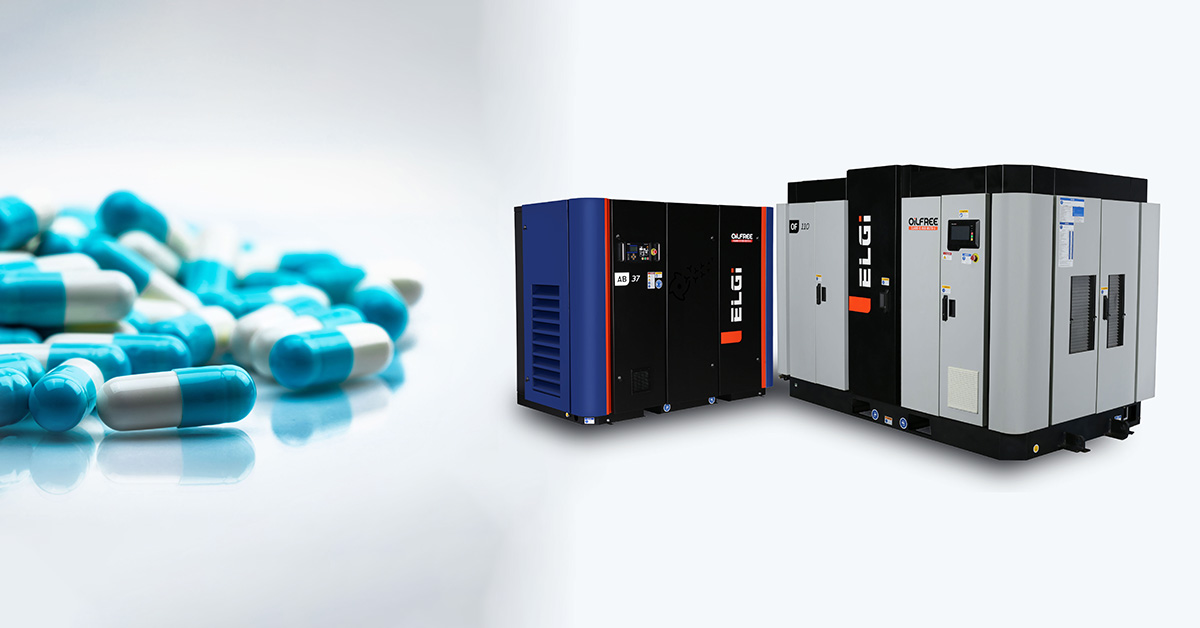
A Closer Look at Compressed Air in Pharma In the pharmaceutical industry, the spotlight...
Read More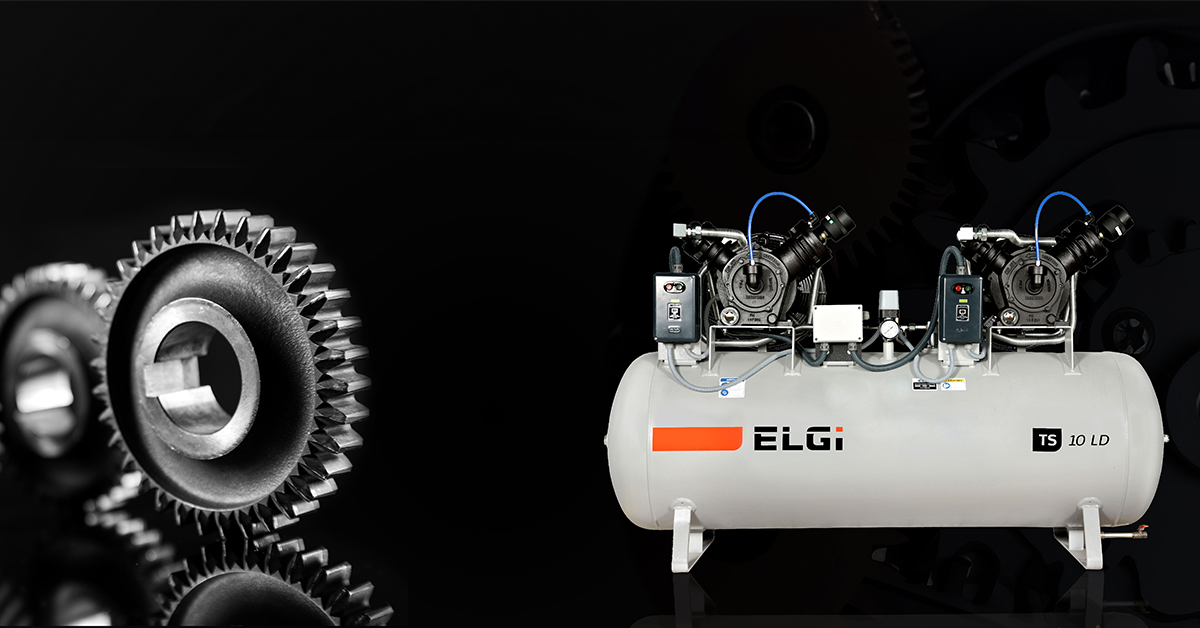
Reciprocating air compressors, also known as piston air compressors, are widely used acros...
Read More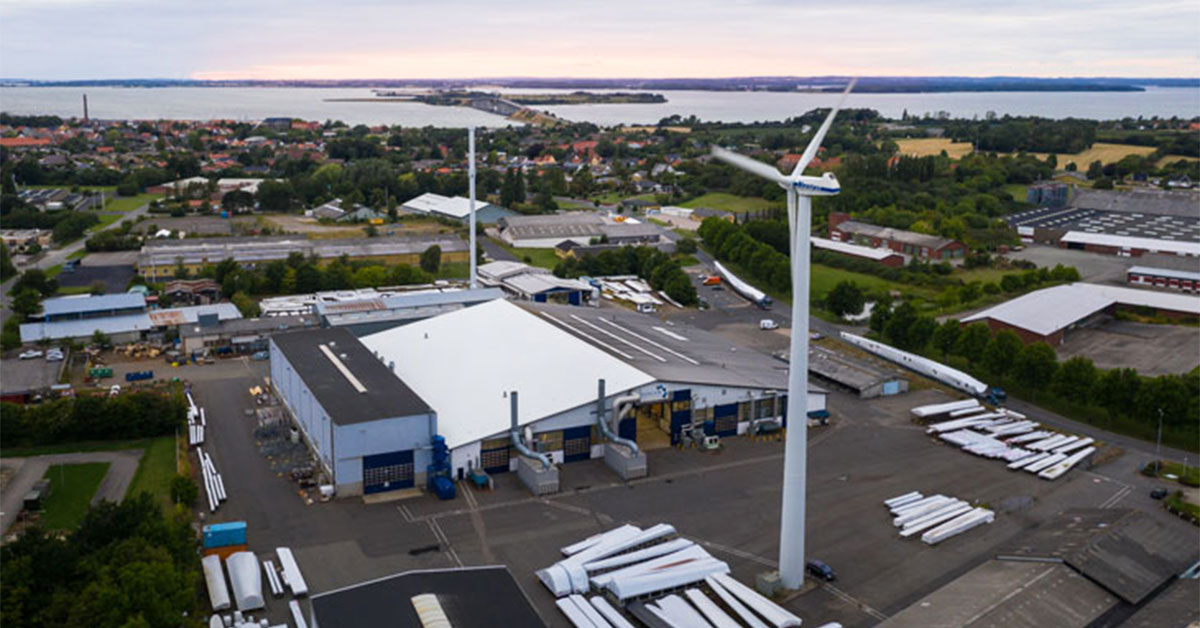
One of Europe's leading composite tooling solutions providers raises the bar on precision ...
Read More